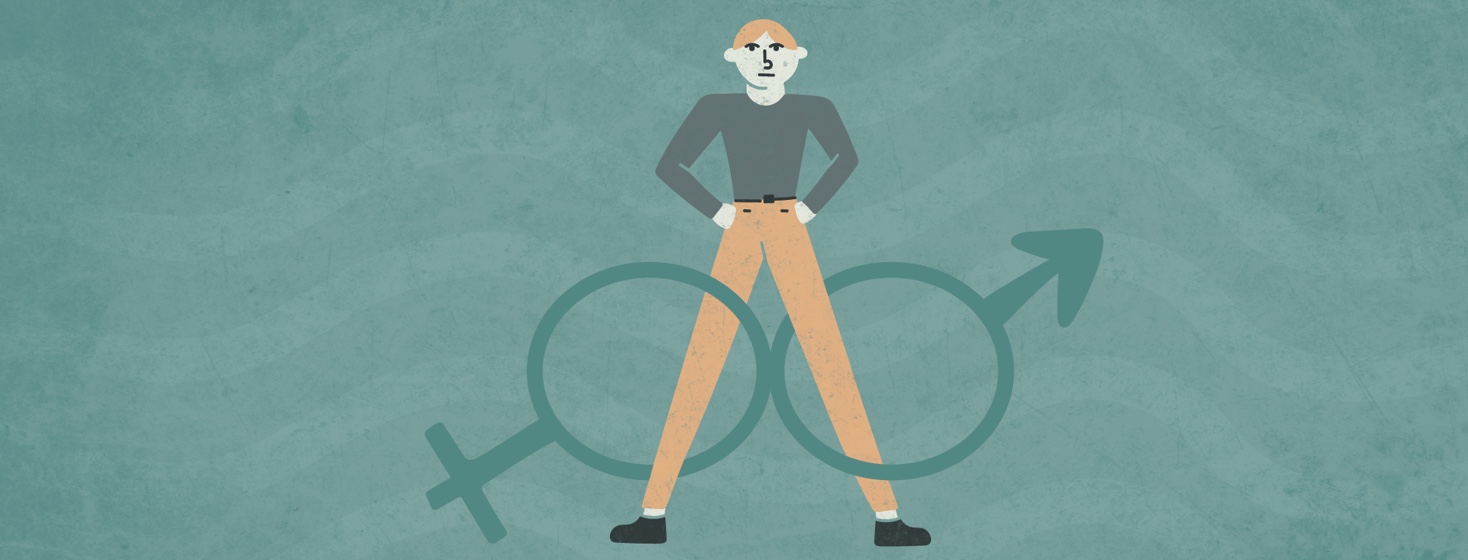Genderless Breast Cancer Research: We Need More
Breast cancer is a genderless disease with research concentrated on only one gender. Historically, males and other genders have been mostly excluded from clinical trials for drugs to treat breast cancer. So, these cohorts are often forgotten when it comes to research.
Because this group makes up less than one percent of new diagnoses, their participation in studies is often regarded as statistically irrelevant. This leads to treatment for all other genders based on women's treatment. While this treatment is often very successful, further research could eliminate a gap in treatment outcomes that was discovered in a recent study.
Bringing awareness to inform treatment
The 2019 study from Vanderbilt University, based on U.S. mortality data from 1.8 million women and 16,025 men with breast cancer, found that male patients have a higher mortality rate than women across all stages of the disease. It was a significantly 19 percent higher rate, compared with their female counterparts, when fully adjusted for overall mortality.1
Because awareness among the general population, including clinicians, that breast cancer is specific to women, the following studies are a start and prove that quality research can inform treatment for the better.
Genderless breast cancer research
The goal is to find new ways to treat other genders. Since only around 10 percent of male breast cancer cases can be attributed to altered BRCA2 genes, the Male Breast Cancer study in the U.K. aims to collect DNA samples to find out which other genes are associated with an increased risk of breast cancer.2
Already researchers have found a key genetic change in a gene called RAD51B linked to an increased chance of breast cancer in men by up to 50 percent. Analyzing the genetic causes of male and female breast cancer patients, they discovered an overlap in genetic risk factors between the genders.2
Men's treatment differences for breast cancer
A 2018 study of 1482 men by BCRF researcher Dr. Fatima Cardoso, Coordinator, European School of Oncology Breast Cancer Program, shows men are often undertreated with breast cancer. Also, they were much less likely to get breast-conserving surgery after an early-stage diagnosis. They were also less likely to receive endocrine therapy for ER-positive breast cancer, compared to women.3
Along with her colleagues, Dr. Cardoso has also reported the biological and molecular differences between male and female breast cancers. 4
Other genetic factors to consider
The Mayo Clinic analyzed data from more than 10,000 men in the National Cancer Database and their 2019 study found that breast cancer outcomes were negatively affected by: higher age at diagnosis, having a high grade/stage tumor at diagnosis, being African American, and receiving a total mastectomy. Also, better outcomes went to men with a higher economic status, a progesterone receptor-positive breast cancer, and who received radiation, chemotherapy, and endocrine therapy.5
FDA now says include men
In recent good news, the FDA has issued a draft guidance document, Male Breast Cancer: Developing Drugs for Treatment. They now recommend the inclusion of males in breast cancer clinical trials. The final guidance document will help guide companies undertaking clinical development of drugs to treat breast cancer in male patients. This will lead to real change.6

Join the conversation